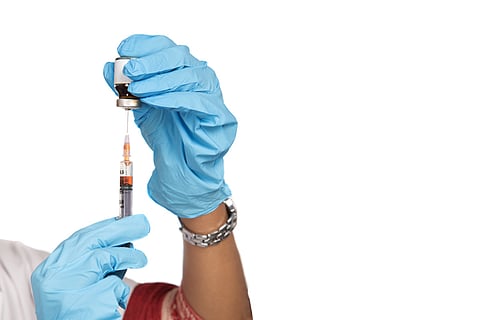

In 2018, when the deadly Nipah virus struck Kerala and claimed 17 lives, a message was doing the rounds on social media. The message, which came along with a picture, claimed that a homeo medicine Gelsemium 200 could cure Nipah. The message asked people to have the medicine for 3 weeks and promised that this would cure the dreaded Nipah virus. This year too, the message did the rounds after 1 person from Kochi was confirmed to have contracted the virus.
This message is fake. According to the World Health Organisation, Nipah virus does not have any cure or vaccine to date. The most crucial step to caring for Nipah patients is to isolate them in order to stop spread of the infection. Currently, doctors are using supportive equipment to treat those who have contracted the virus. Along with treating the symptoms, an anti-viral drug called Ribavarin is being used by doctors in Kerala. This drug is used to treat Hepatitis C and other viral infections.
Nipah virus is a type of Zoonotic disease, which means the disease spreads from animals to human beings. Known carriers include pigs and bats. The virus can even spread from infected human beings to others.
The virus was first discovered in 1998 in Malaysia. The outbreak was cause by pigs. In 2004, a Nipah outbreak was recorded in Bangladesh and this time the source was found to be fruit bats.
In 2019, Nipah virus outbreak in Kerala claimed 17 lives. The virus affected the districts of Kozhikode and Malappuram with the outbreak originating in Perambra village of Kozhikode. This time too, fruit bats were found to be the source of the virus. The Kerala government successfully curtailed the spread of Nipah in 2019, after 1 person from Ernakulam was found to have contracted the virus. Timely measures including contact testing helped check the spread of the virus. The patient too has now been removed from the Intensive Care Unit and is in observation.
Watch the video here: